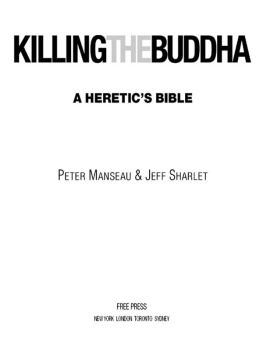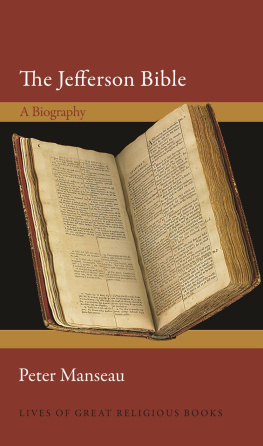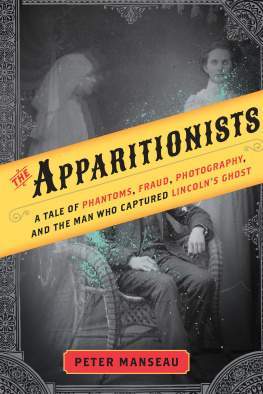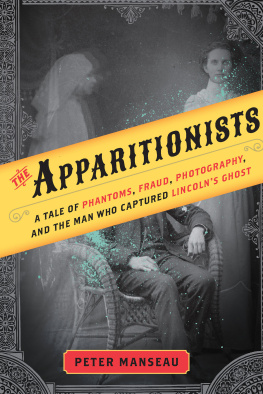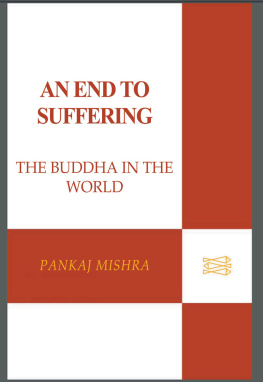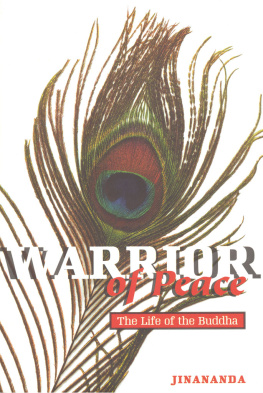By A. L. Kennedy, Francine Prose, Michael Lesy, l thi diem thy, April Reynolds, Peter Trachtenberg, Darcey Steinke, Charles Bowden, Melvin Jules Bukiet, Eileen Myles, Rick Moody, Randall Kenan, and Haven Kimmel
Mortal, Eat
this Scroll!
L ATE morning, just before lunch, one of Lin Chis monks comes up to him half-crazed, out of his mind with ecstasy, babbling about Buddha. Says hes seen him. Says he was just walking down the road when suddenly: Buddhamind. Enlightenment. Nirvana. The big payoff. The monk cant stop talking about it. Lin Chi strikes a match, lights his pipe, takes a long drag. Leaves the monk hanging, waiting for his reward. Instead, Lin Chi blows a cloud of smoke, reaches out, and smacks him.
You meet the Buddha on the road, Lin Chi says, kill him.
Imagine the monks face. Better yet, imagine your own: Youve been to church, youve gone to the zendo, you took your bat mitzvah money and ran. Youre an atheist, or youre an agnostic, or youre an orthodox believer without a cause. Maybe youve tried not to think about it. Youve opted for sex, drugs, and electronica, youve opted for a career; youre poor and you never had any options. Youve run away from your family, youve started a family, youve given up on God, Family, and Nation. And then, when you were minding your own business, getting on with things, you stumbled uponsomething. Him, Her, a Higher Power, Buddha, Jesus, the Shekhina, Shiva. The mysterium tremendum, the big white whale. And even though youre no seeker, you werent looking and you didnt ask to find, you had to admit: God is Great. Allah Akbar! Holy Ghost Power.
To which Lin Chi says: Super. You found it. Now you can kill it. The Buddha you meet is not the true Buddha but an expression of your longing. If this Buddha is not killed, he will only stand in your way.
When Lin Chi contributed the idea of deicide to his godless religion a thousand years ago, he was talking not just about a long-dead teacher who had come to be known as Buddha but about the dominant ideologies of his day: One True Path, One True Story, One True Anything. The preachers and the gurus, the Christian Coalition and the secular masses, the heart that wants what it wants and the mind that always thinks better: These are the Buddhas we meet on the road, the Buddhas we know and love and listen to, the Buddhas we all are. Faced with modern-day atheists or fundamentalists or guys who thump thousand-year-old Zen aphorisms hard as any Bible, Lin Chi would probably say the same thing: Dont be a chump. A single story never explained anything.
What do you say about yourself, for example, to explain the things you do? Forget the hypotheticallets start here, with this book. We had more reasons for making it than there are words between the covers. One of us is a Jew raised by a Pentecostal Hindu Buddhist, one is a son of a Catholic priest and a former nun. The priest kept the vestments in the front hallway and held mass in the dining room; the Hindu Buddhist asked Charismatic Christians to pray over her as she lay dying. Between us weve lived in monasteries, warehouses, hermit shacks, luxury condos. Weve worked as truck drivers, casino hands, carpenters, court-martial reporters. We met when we both worked at a Yiddish library, for which we pulled books out of attics and Dumpsters, dragging artifacts of the old world into the new.
Thats more or less what we had in mind when we began talking about killing the Buddha, and about what a Bible filled with heresy might look like, and about what Bibles and Buddhas, killings and heresies, had to do with each other. We had lost faith in the way faith gets talked about in America, the way its seen as either innocuous spirituality or dangerous fanaticism, perfume or mustard gas. After years of writing about religion, for newspapers and magazines and in letters to each other, wed come to think that it is almost always both: Show us the truth and well show you a lie, prove God is dead and we promise a resurrection.
Right after Lin Chi told the monk to kill Buddha, he said: And burn all the sutras. He wasnt talking about bonfires and he wasnt the kind of guy to ban anything. He probably would have been thrilled had the monk torched the holy scrolls and then written them all over again, sentence for sentence, every mantra a revelation, the word made strange. All hed have to doall we didwas look around.
Like everyone else who knows how to read or count the stars, weve spent our whole lives studying scripture. When we were kids it was the story of Apollos chariot pulling the sun, and Bilbo Baggins with his ring, and Harriet the Spy writing her own Book of Revelation. Later, there was Marx on money, Darwin on your mother, Virginia Woolf on each minute passing. There were also the Batman comic books we read in the first grade, the Challenger explosion we watched a few years later, the Penthouse magazine we found down by the river in junior high. There was a billboard that read, Jesus Christ, King of Newark; a paperback copy of the Koran we stole from our high school library; a letter from Einstein we found pressed between Yiddish pages. Not to mention the texts we share with everyone: strange desert flowers and rain making streams in the gutters, headlines of nuclear threats and the most up-to-date mass murders; the lines that cross our palms, the creaking reports of our bones, everyones X rays, interchangeable.
So many sutras. We made this book not to replace the Bible but to light it and its successors on fire; when youre done with it, you should burn this book, too. Or you could make like the prophet Ezekiel and eat it.
Theres a certain risk in making a book that involves America, a car, and talk of the Buddha. All we can say is that had we owned a Cessna, wed probably be wincing whenever someone mentioned Saint-Exupry. The fact is that this book is about America because America has good roads, and we drove on those roads not because theyre sacred veins of the land or paths into the mystic heart of the nation (three words to be wary of: mystic, heart, nation ) but because theyre paved. Such was our methodology: Drive south then west then north and back in search of homegrown heresy, belief in the raw. We had no itinerary, but that didnt matter, because nearly all the people we spoke to told us it was no coincidence wed showed up in their church, their temple, their compound. America is a nation of experts in predestination. In comparison were amateurs. Our criteria for forward motion were these: the leading of the Holy Spirit; nice weather; rumors and accusations. We were looking not so much for a sacred show-and-tell as for a holy-rolling striptease, revelation as an end in itself.

